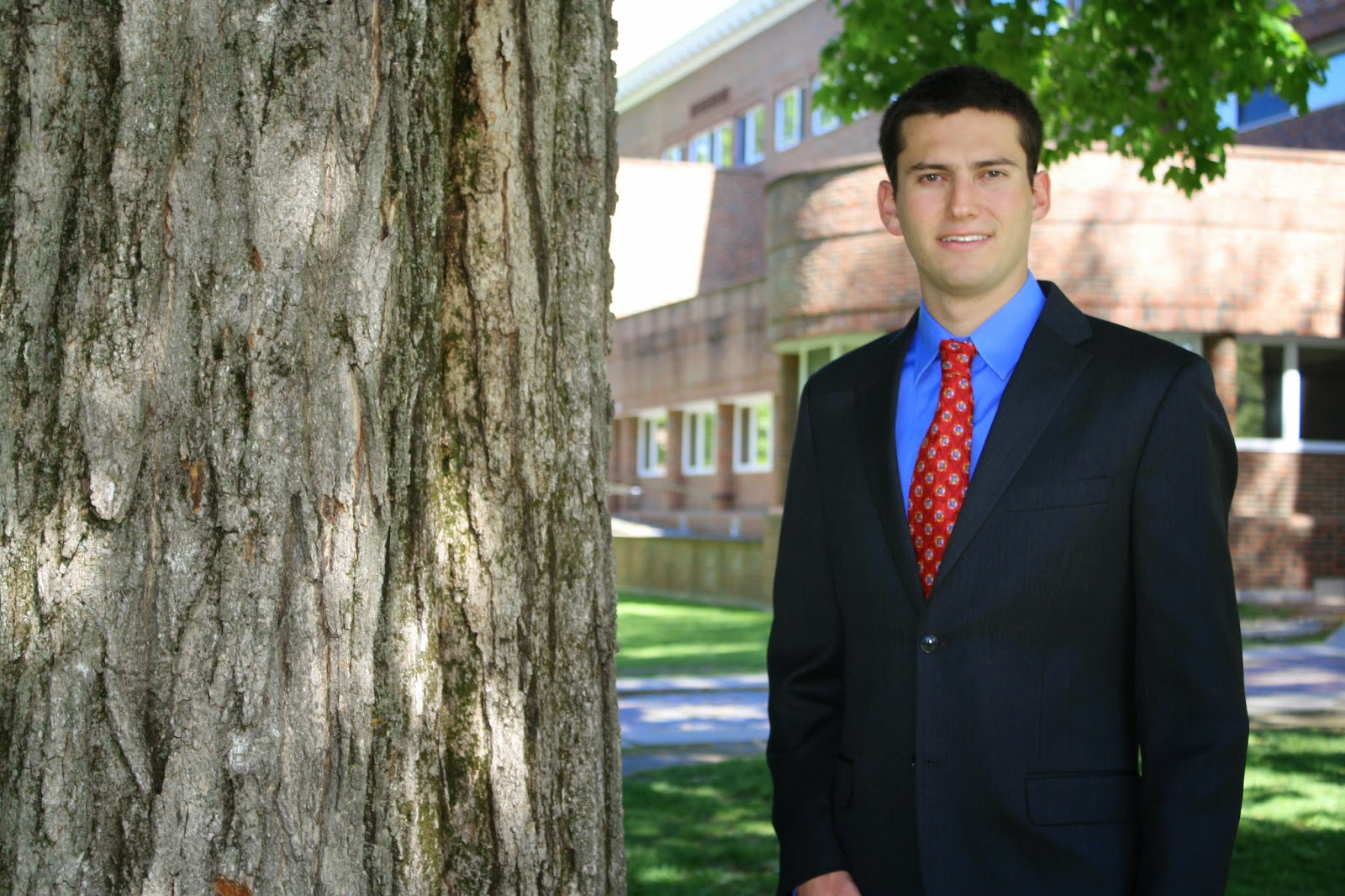 |
| Student Intern: Adam Schneider '15 |
Internship Organization:
Office of US Congressman Frank Pallone (NJ-06) – Washington, DC
How would you describe your employer in one paragraph? What’s the elevator pitch?
Congressman Frank Pallone has represented northeastern New Jersey in the House of Representative since 1989. In Congress, he sits on the Committee on Natural Resources as well as on the Committee on Energy and Commerce and is currently seeking the position of ranking minority member in the latter for the 113th Congress. During his tenure, Congressman Pallone has taken leadership on a host of issues ranging from healthcare reform to environmental protection and ocean conservation.
What are your specific responsibilities in the organization?
As an intern, I am first and foremost responsible for administrative tasks such as keeping the office supplies stocked, answering phones and processing constituent correspondence. Additionally, I am often required to fill in for staffers at briefings they could not attend and report back to them with the presented information.
How did you feel on the first day of your internship?
I was very excited to finally start working on the Hill. For a long time, I had visited Congress to lobby with different advocacy groups, and I always wanted to actually spend more than just one day there. There was such an interesting and engaged community of staff and interns that I could not wait to actually start work and begin meeting people.
What is your favorite part of the internship so far?
I attended a very long luncheon briefing on the failure of the pipeline for developing novel antibiotics and its implications for disease resistance and reported on this back to the office's Legislative Director. This issue is incredibly important as current antibiotics are becoming less resistant, so it is critical that Congress acts in the near future to fix the problems inhibiting pharmaceutical companies from developing novel antibiotics. By synthesizing all the information from the experts' presentations and delivering it to the Legislative Director, I felt like I was part of the actual process of creating policy solutions to pressing challenges.
What challenges have you faced so far?
One of the issues I have struggled with at work is that on days when Congress is out of session, there is often very little work for the interns to do, and I feel that I am not being productive. On these days I discovered that it is especially important to reach out to my supervisors to try to get additional projects assigned or do tasks that are usually perpetually pushed off, like data entry.
What do you hope to achieve by the end of your internship?
I finished in Congressman's Pallone's office on July 3rd and am now working in the Minority Whip's office. I am hoping to gain a different viewpoint on how the legislative process functions. During the first half of the summer, I saw how a regular office crafts legislation and engages with constituents, and now I am looking forward to learning how the leadership comes into play in whipping votes and crafting messaging strategy.
What have been some practical lessons you've learned in the day-to-day life of your internship?
Walmart has the cheapest food. Going out in Washington, DC is very different from going out at Dartmouth and a lot more expensive. This is also the first time I have lived downtown in a city, which has been quite overwhelming at times. Luckily, I've been able to escape up into the mountains every couple of weeks to keep my sanity. And wool suits and DC summers do not mix.
